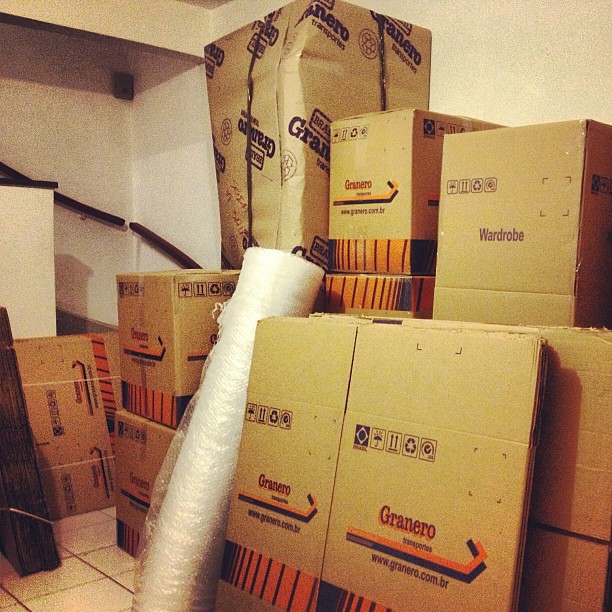Source: Flickr
Moving is something that someone doesn’t do frequently (unless your job requires it). For the first time movers or for people who are not accustomed to moving, this activity is a big pain in the neck. In addition, the cost of moving is not cheap and requires a lot of effort. You’ll find yourself sorting your stuff, putting them in boxes, and labeling a lot of containers for hours (or days) depending on your things.
There are a lot of problems that can be encountered while moving. A lot of these are preventable if you hire professional movers like www.suprememanvan.com to simplify the process. But planning is your best friend during this endeavor, and the more planning you do, the less likely it will be for you to encounter problems. Here are the most common moving problems and tips on how to reduce moving costs during your move.
The Hassle Of Moving
- Time management
There are a lot of things to do when you plan for an upcoming move, and a lot of people seem to ignore this fact. Some would rather pack their things during the last minute, not even thinking about the things that are needed to pack items properly (boxes, tapes, markers, etc). Hurried packing will make it harder to decide which items are needed and which items should be left behind. There are even chances that you’ll take your trash with you in your move. Start packing early, it would be better if you pack weeks before you move. - Movers or solo?
Calling a moving company, such as Allied Van Lines, can get your job done with more ease than going solo. However, there are also times when going solo is the better option. Moving companies provide some tools that can help you while you’re packing, as well as before, during, and after you move. They are generally better for long distance move. However, if you don’t have a lot of stuff and is going to move to a nearer place, going solo is the best route. - How to organizing stuff properly?
When it comes to packing, first-time movers will usually just put their stuff into the box. The important thing is that their items are inside and will be moving with them. What can go wrong, right? Until they arrive in their new home and found their precious stuff broken. Things should be organized and properly packed in order to avoid scenarios like a smashed TV screen or broken Chinawares to happen. - Money problems
A money problem is a common problem for first-time movers. When moving to a new place, selling stuff that you don’t need anymore or are replaceable is the most practical thing to do. This way, you will have an extra fund that you can use in your new place.
5 Cost-saving Tips For Moving
- Collect free (or cheap) boxes before moving
If you opt for movers, they will usually charge you with new boxes for your packing. This boxes are not cheap and can add up to your expenses. Ask for friends, co-workers, or any establishments if they can spare some boxes for your usage. You can find a cheaper alternative (if not free) instead of using your movers’ boxes. - Only take the important things
Leave the things that are replaceable and not important behind. Either you dispose of your unnecessary stuff or sell them to someone who’s willing to buy them. It helps lessen your load, as well as give you additional funds for moving. - Time your move for discounts
Timeframes such as “the start/end of the week” or “the start/end of the month” or “start/end of the year”, also during May to August, is what they call the “peak moving season”. During these times, movers can raise their prices because of the demand in their services. Opt for timeframes such as mid-week or mid-month, or between September and April when the demand is the lowest. - Ship your books
If you have a lot of books, moving these items via Postal Service’s media mail is the best and cheapest option. This option will usually take a longer time, but the savings are worth the wait. - Plan your move
Pack your things little by little in each week to account for every single thing that you need. This will also allow you to decide the things you will need to keep and the things you will need to sell. You’ll also get a lot of time for other things such as looking for a new home in your new place etc. - Keep your valuables near
Things such as birth certificates, contracts, medications, credit cards, IDs, and more hard to obtain objects should be with you when you move. There is no guarantee that your movers will not lose these items.

